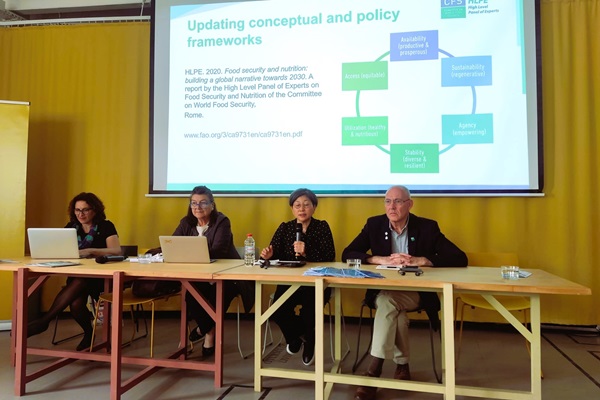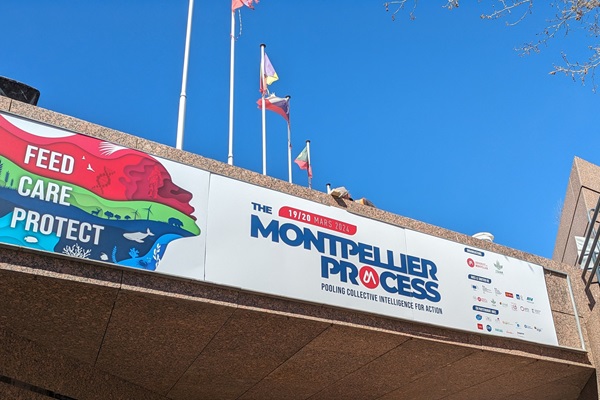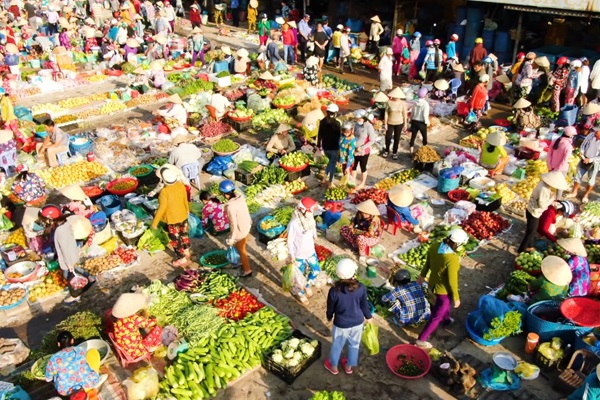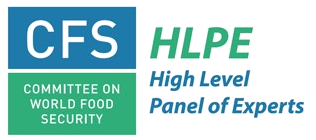The High Level Panel of Experts on Food Security and Nutrition of the Committee on World Food Security (CFS) is the United Nations body for assessing the science related to world food security and nutrition.
It provides independent, comprehensive and evidence-based analysis, and elaborates its studies through a scientific, transparent and inclusive process.
Video HLPE-FSN
Watch the video to find out who we are and how the HLPE-FSN experts work to achieve food security and improve nutrition for all.

2 July 2024, at FAO headquarters in Rome (Green Room), 14.00 CEST. Register!


The HLPE-FSN is seeking your feedback!

Highlights from the 32nd HLPE-FSN Steering Committee meeting

By William G. Moseley


Meet the Steering Committee
15 world-renowned experts, appointed by the Bureau of the UN Committee on World Food Security (CFS) to serve as members of the Steering Committee of the HLPE-FSN, from the closure of CFS 51 Plenary session
until the closure of the CFS Plenary session of October 2025.